What do African migrants themselves want? Time for a sober and effective approach

Billions are being invested to keep migrants and potential migrants in Africa. Whether this has any results is unclear. People continue to take the often life-threatening routes at great risk to build an insecure existence here. It is time to invest in things Africans really need. Let's do that by talking to them and to Africans already in the EU, rather than about them. Migration is of all times. Time for a sober and effective approach.
Building a new narrative on migration including African perspectives
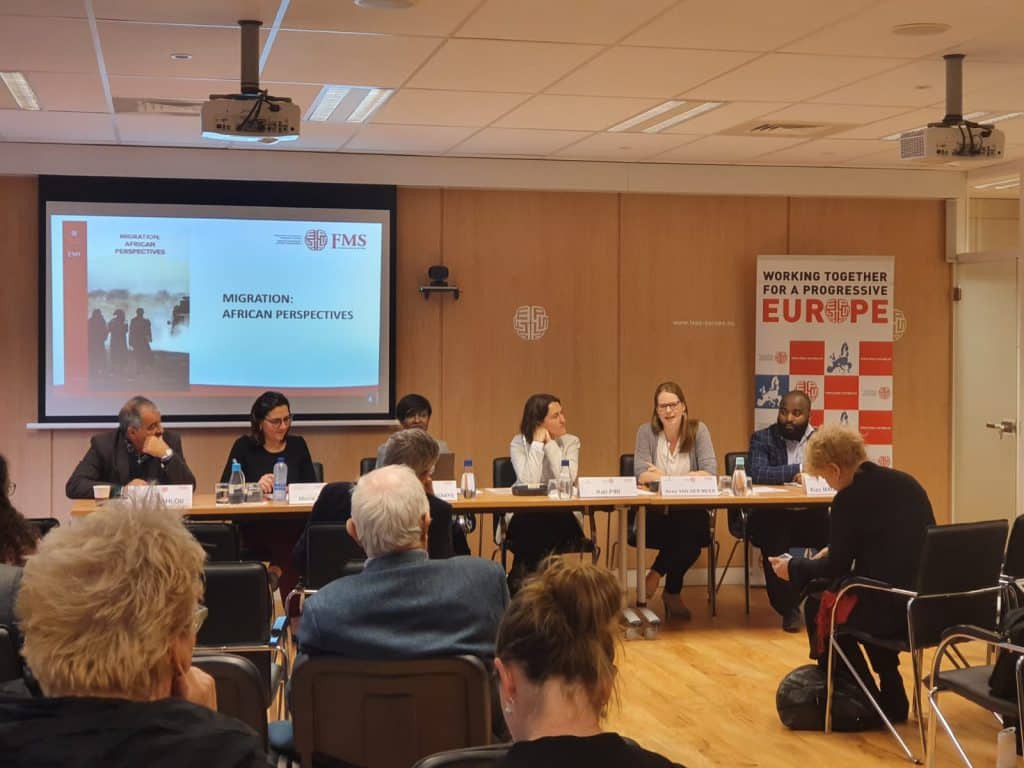
Are EU responses focusing on tackling the 'root causes' of migration effective? Are they sufficient? And how can we improve those migration policies? Last Tuesday, 18 February, we presented our newest report Migration: African perspectives. This report, in cooperation with our partner Foundation for European Progressive Studies (FEPS), shows how crucial it is to include African perspectives when discussing migration policies. As was mentioned during the presentation in Brussels: "We should not talk about Africans, but speak with them".
Future of Migration and Development
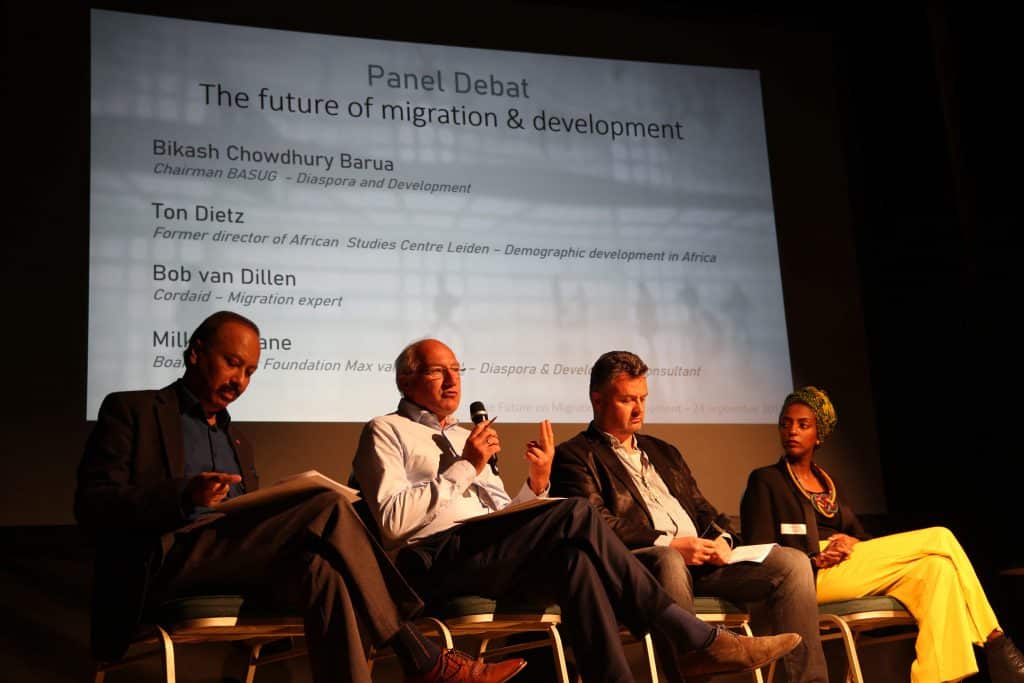
"We need to break open the debate on migration with a focus on the future," said Seada Nourhussen, editor-in-chief of OneWorld at the opening of the Future of Migration and Development event. OneWorld and Partos are jointly organising a project around the Future of Migration and Development in which a while ago they issued a call to NGOs, researchers, journalists and artists, both national and international, to submit substantive and creative ideas around the future of migration and development. On the basis of these initiatives, the event Future of Migration and Development was born, which FMS and Cordaid joined as partners.
Extensive African theatre programme at Holland Festival 2019
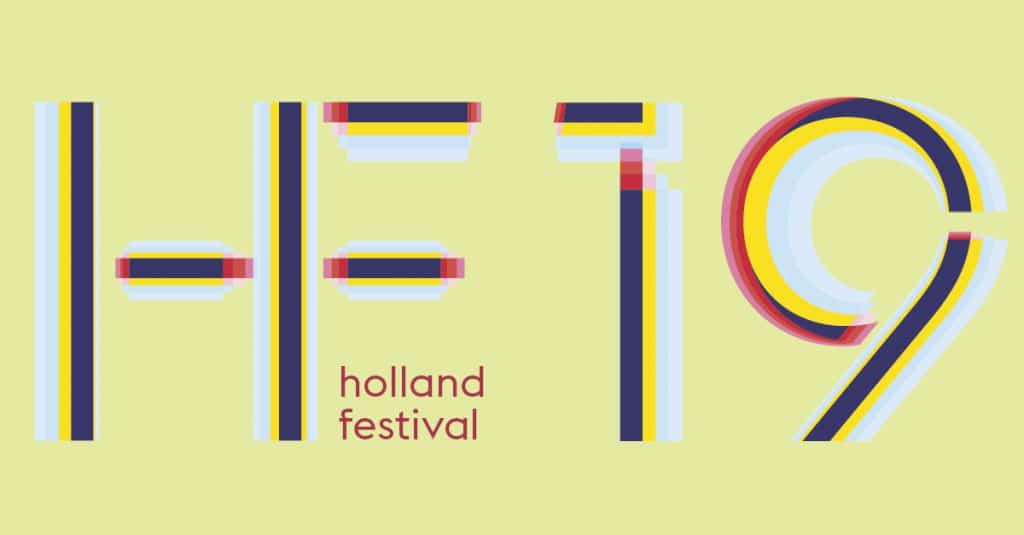
The Holland Festival is the largest international performing arts festival in the Netherlands, and its 72nd edition will take place in Amsterdam in June. The festival features opera, (music) theatre, dance and more from around the world. This year, for the first time, two associate artists are associated with the festival, William Kentridge from South Africa and Faustin Linyekula from Congo. There will be plenty of work from Africa by the two associate artists and artists who inspire them.
"Doors rather than walls"
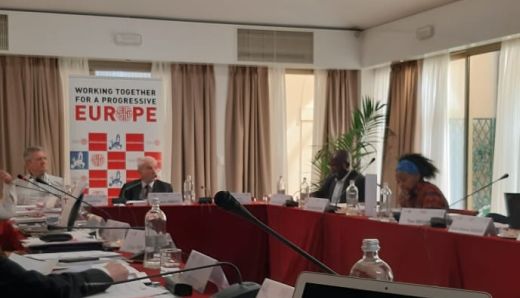
In mid-May, our partner FEPS (Foundation for European Progressive Studies) organised a meeting of the FEPS Global Migration Group in Rome. This group, led by former prime minister of Italy Giuliano Amato, is jointly trying to come up with political recommendations to create more safe and legal opportunities for migration: "Doors rather than walls".
Lou looks on at the FMS
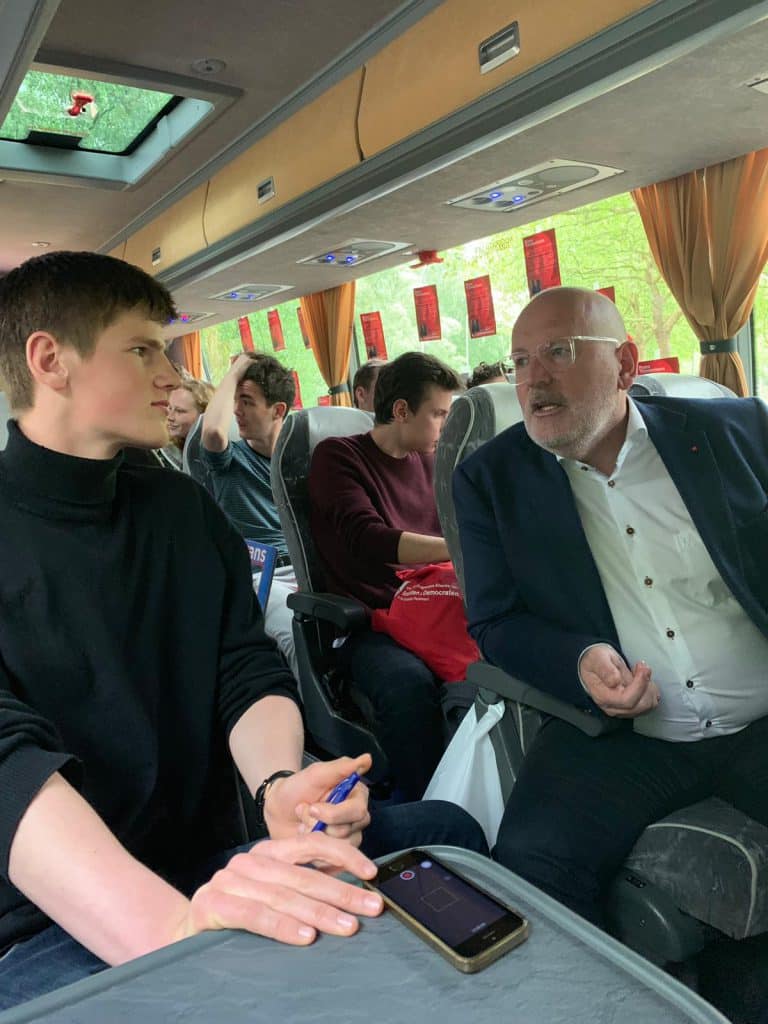
Hello all, my name is Lou Boshart and I am in my fifth year of VWO. For the past two weeks, I have been working at the Foundation Max van der Stoel (FMS) as a snuff intern. After my final exams, I plan to study History in Utrecht, with the plan in the distant future to also do a master's degree in International Relations. My uncle, who works at the UN, advised me to do an internship at an NGO given my interest in international politics. This is how I ended up at FMS.
Africa Day 2019 great success!
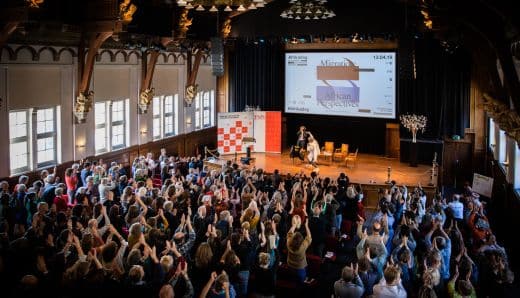
This year's Africa Day was another great success. Read back the mood report of this inspiring day here.
'La mobilité, c'est le Sénégal': the context of migration in Senegal
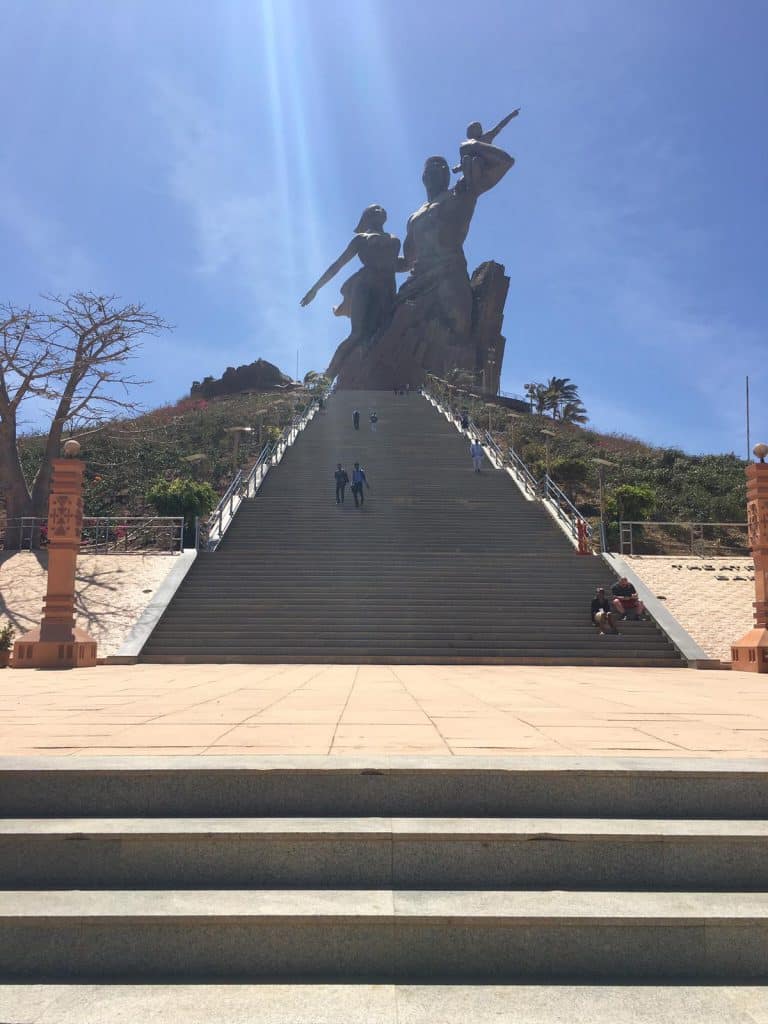
Senegal is a country of migration. According to the World Bank, 10% of the GDP of the country consists of remittances. Those are financial contributions, sent by Senegalese people living outside the country, which is 5% of the Senegalese population. Most of them live in Europe and African countries in the region. With such a large amount of the population living abroad, the question arises: what is the role of migration in Senegal? To understand this, we first need to understand a bit more about the context of migration in Senegal, and in the broader region of 'sub-Saharan Africa'.
Political protests and migration: is there a link?
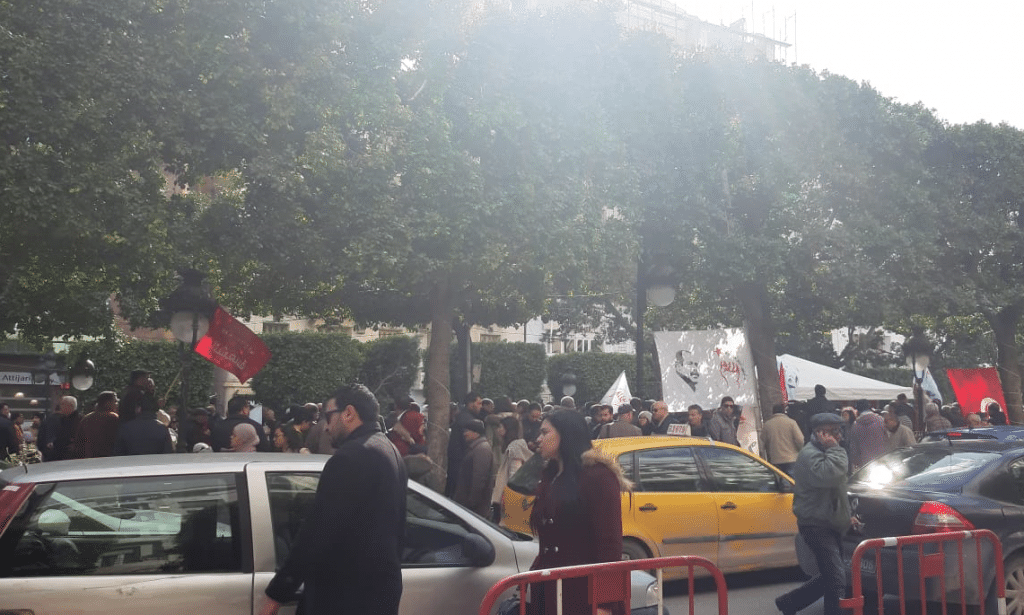
A surprise move in Algeria two weeks ago. On Monday 11 March, 82-year-old president Abdelaziz Bouteflika announced that he would not seek a fifth term. At the same time, he cancelled the elections which would take place on 18 April. Citizens in Algeria have protested his candidacy since February. Bouteflika is rarely seen in public since suffering a stroke in 2013. Some commentators link the recent protests in Algeria with the Arab Spring protests of 2011. It is not surprising then, that there exists fear of increasing numbers of Algerian migrants wanting to flee towards Europe.
Blogs from Tunisia 5: How to create new hope?
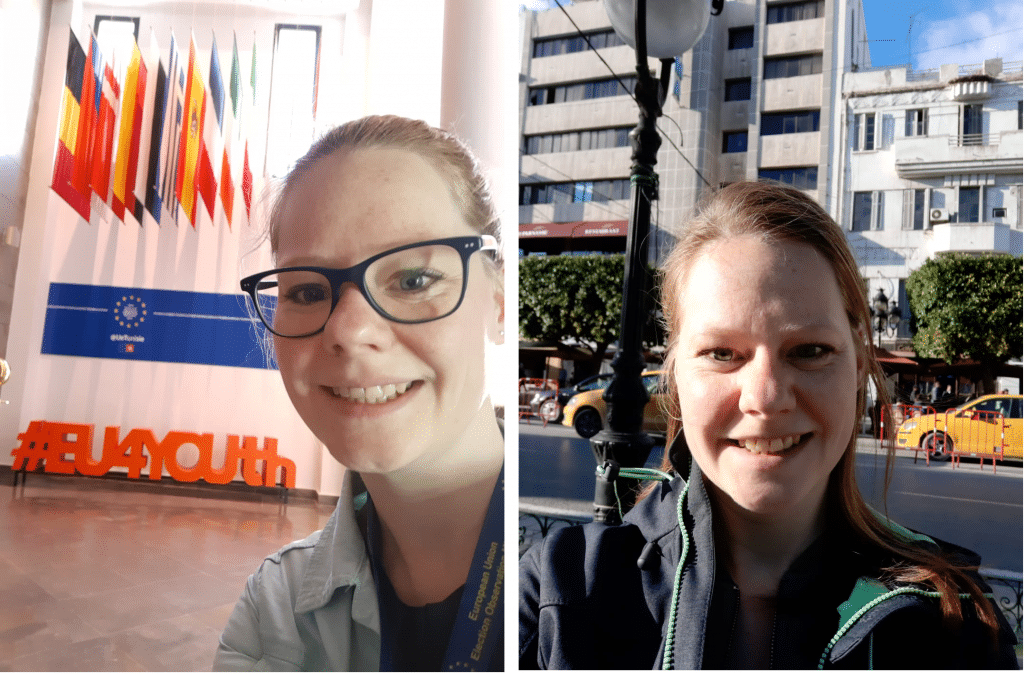
FMS researcher Anne is in Tunisia to talk about migration. Why do people want to migrate? How do they see their future? And what policy could be implemented to prevent irregular migration? Read her newest story here!

